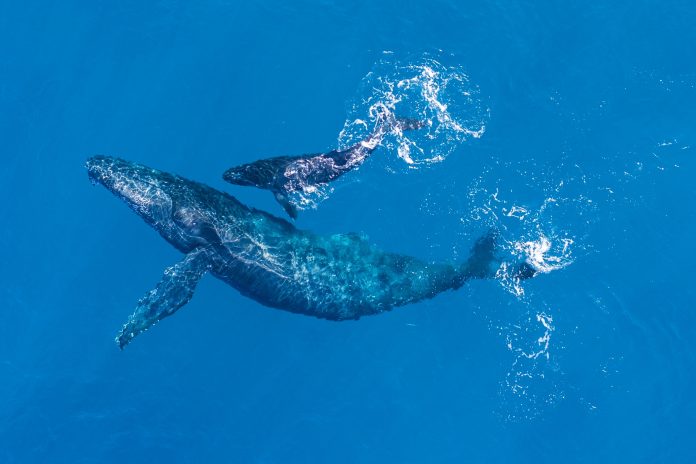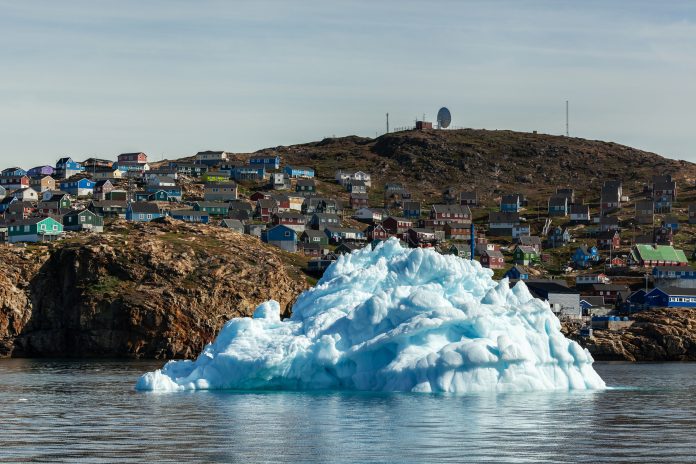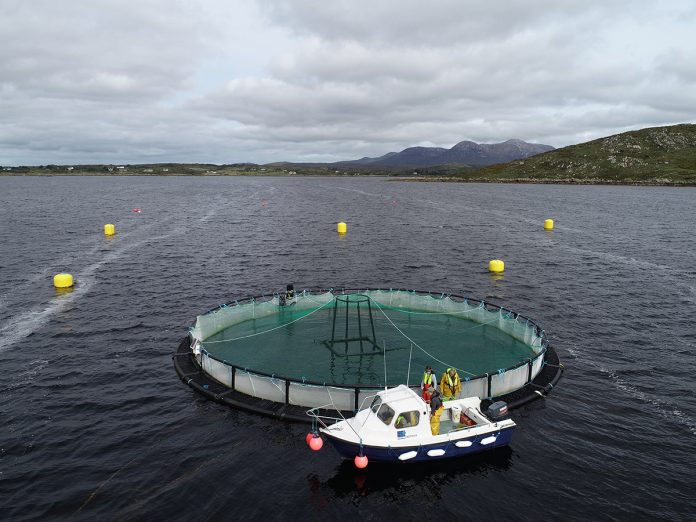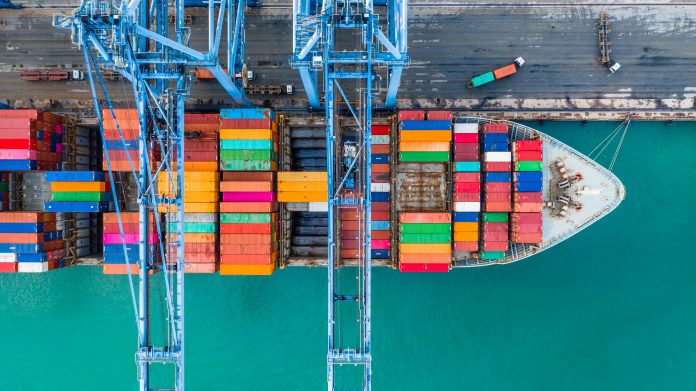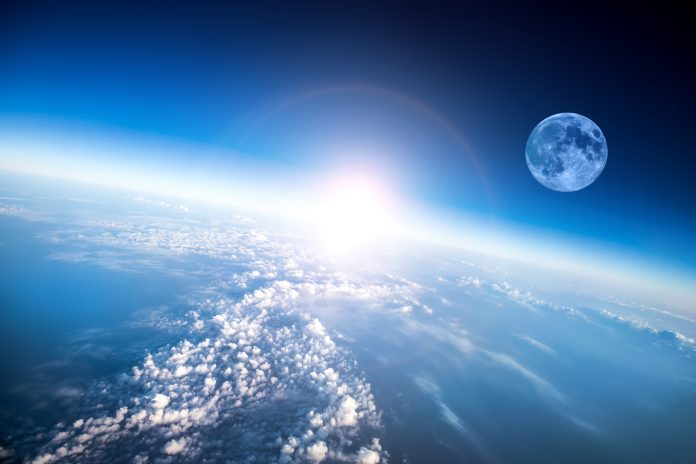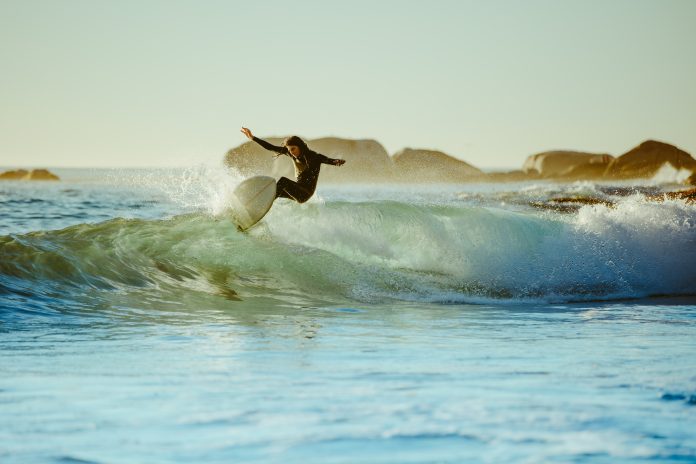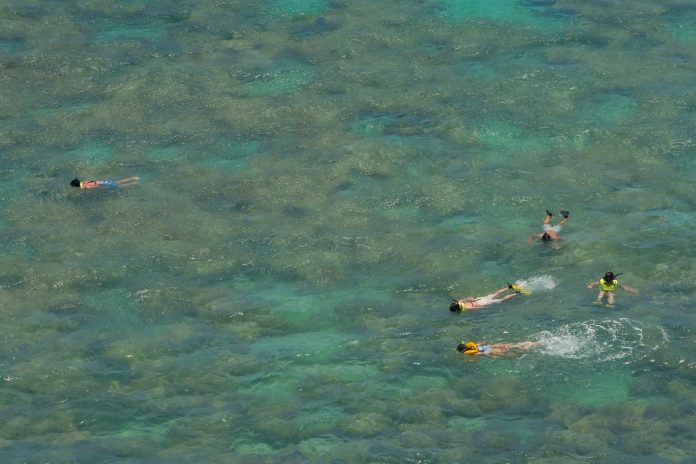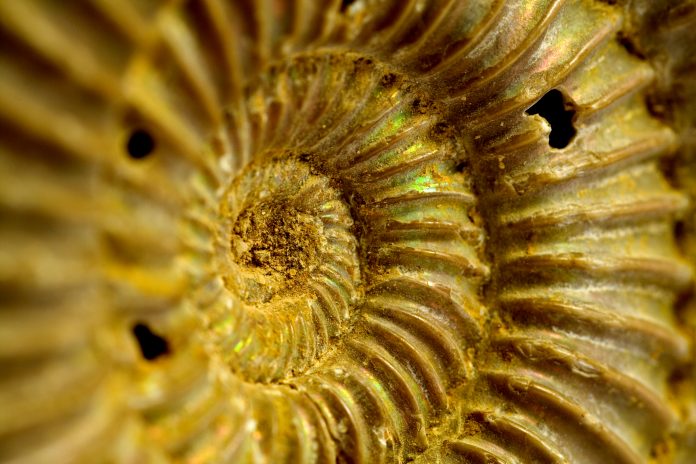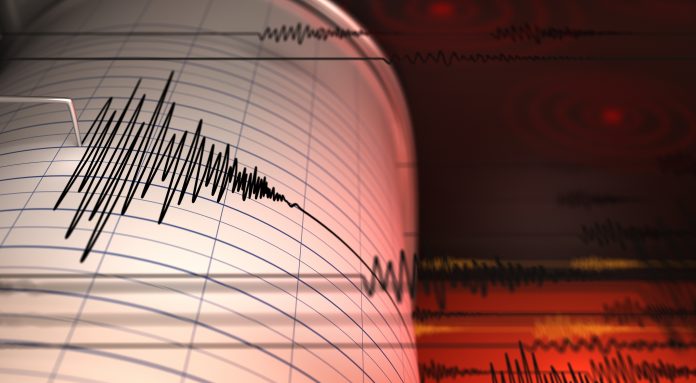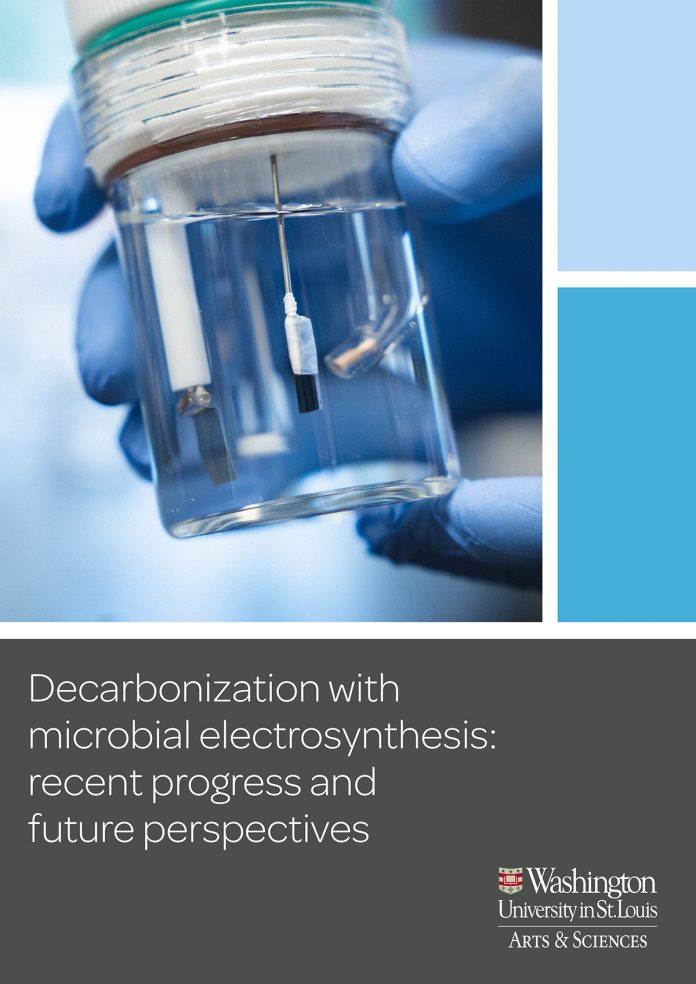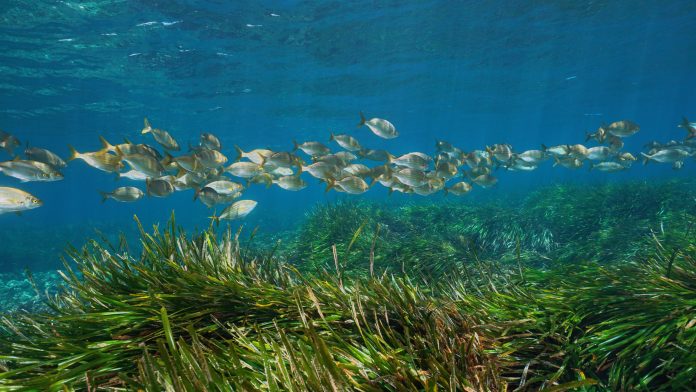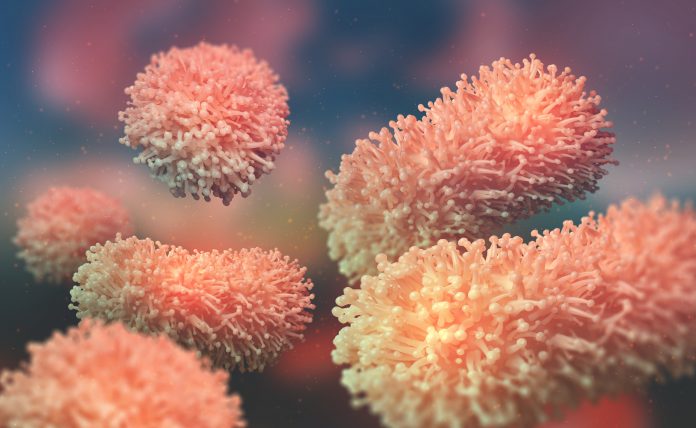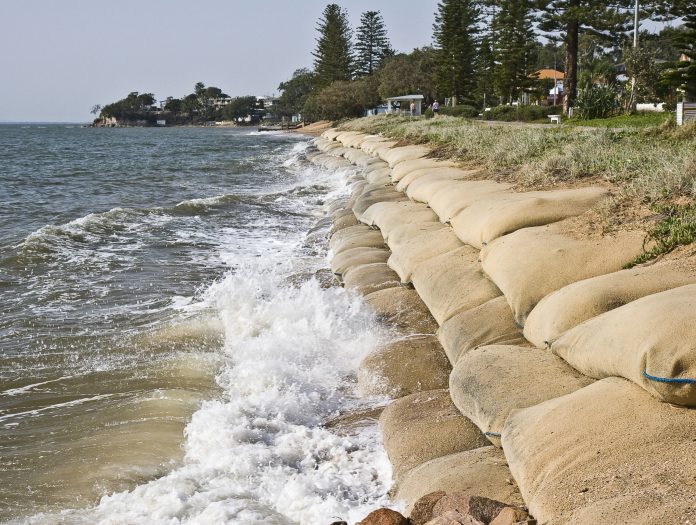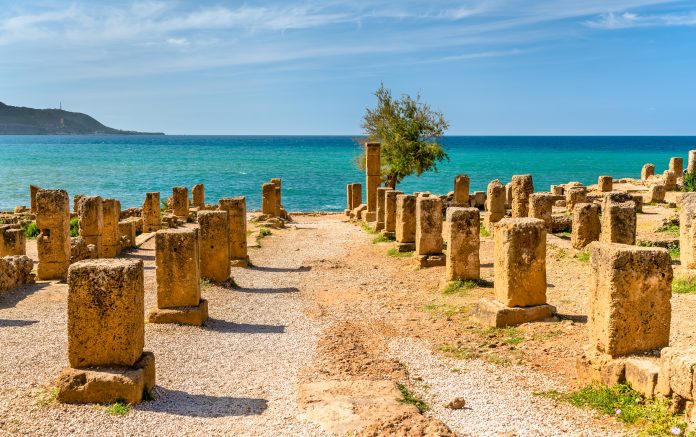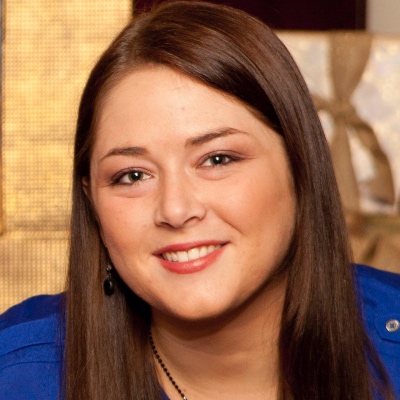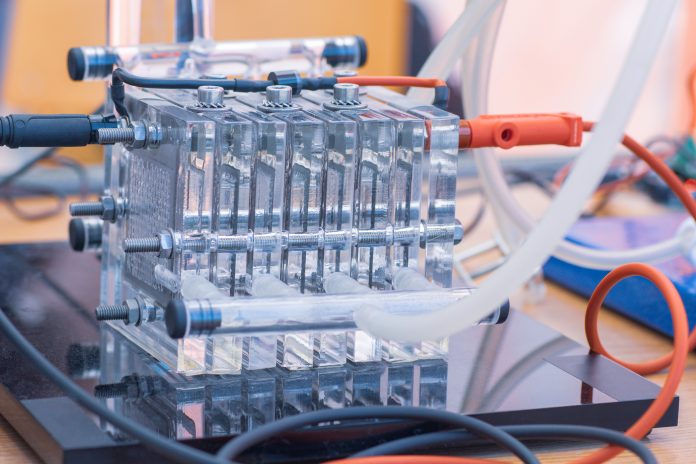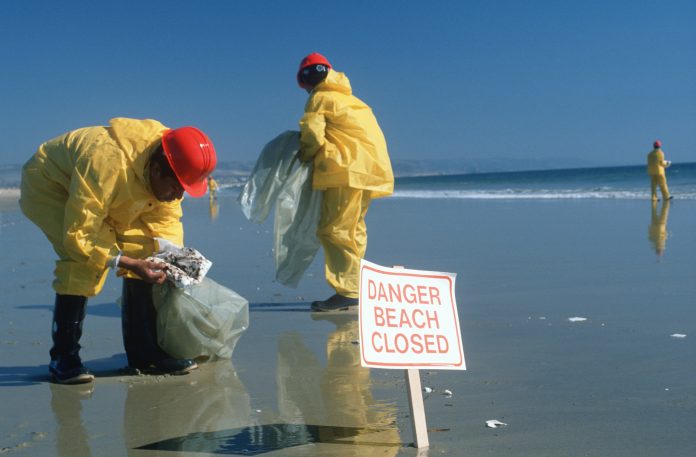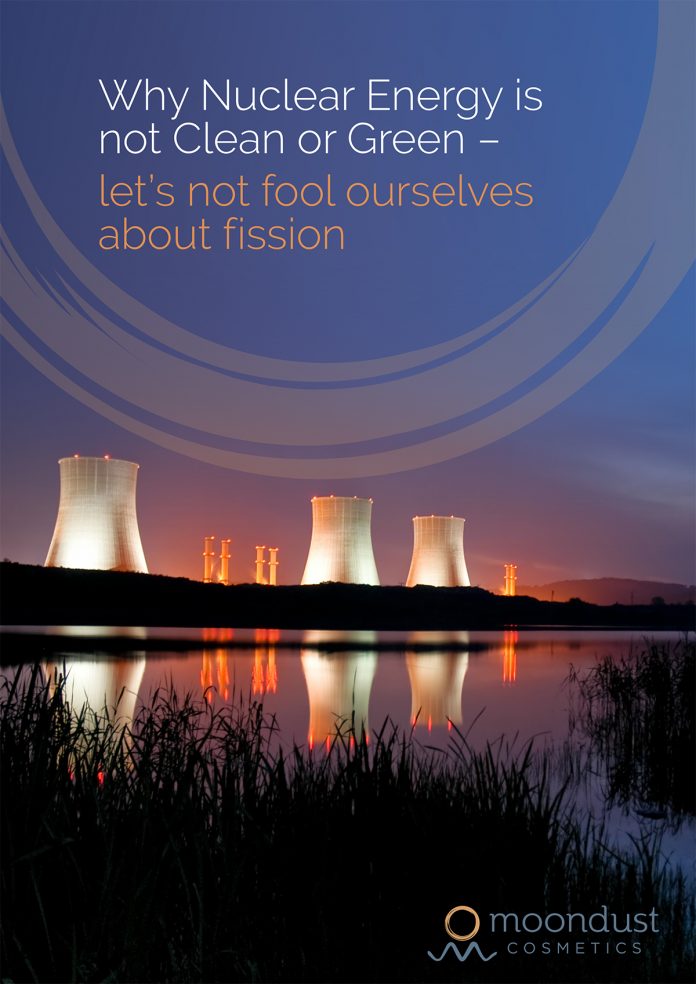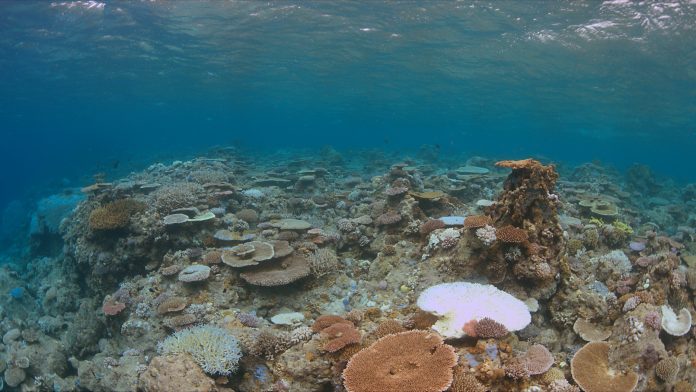Home Search
marine - search results
If you're not happy with the results, please do another search
Climate change increases the speed of ocean sound transmission
Ocean sound transmission is being sped up due to global warming induced by climate change – threatening marine species as sounds travel faster and become louder.
Why is fostering effective dialogue between government and the research community so vital?
Nicolas Pade, Executive Director at EMBRC-ERIC, looks at the innovation and research community to boost climate efficiency in local and central governments.
ASTRAL (2020-2024): A collaborative ecosystem for Atlantic aquaculture
Here, we discover that All Atlantic Ocean Sustainable, ProfiTable and Resilient AquacuLture (ASTRAL) involves a collaborative ecosystem for Atlantic aquaculture
How can short sea shipping emissions be reduced?
Nikolaos P. Ventikos from the School of Naval Architecture and Marine Engineering, and Angeliki Stouraiti from the National Technical University of Athens (NTUA) explore the environmental footprint of short sea shipping and how the EU can reduce emissions.
Vestas Aircoil A/S – Fast and reliable development of heat transfer solutions
Vestas Aircoil provide heat transfer solutions that are individually designed to meet customer requirements and specifications
Cultivating a resilient environment with ground-breaking science
Professor Susan Waldron, Director of Research and Skills at the Natural Environment Research Council emphasises the importance of research and innovation in adapting to climate change.
‘Wave reserves’ in surfing promote coastal ecosystem protection
‘Wave reserves’ used in surfing often promote the conservation of valuable coastal areas and the ecosystems that live around them.
61% of Hawaiian coral exposed to warming conditions, survive
In an optimistic 22-month study of Hawaiian coral, researchers find they may adapt well to warmer and more acidic oceans resulting from climate change.
The Triassic World: An analogue of the 6th mass extinction?
The REEFCADE long-term research project, created and driven by Professor Rossana Martini, started in 2007 and has since been supported by the Swiss National Science Foundation (SNSF).
Using geophysical tools detecting the trace of active fault on seafloor
Gwo-shyh Song discusses one of the sub-projects of the Taiwan Earthquakes Center to conduct a high-resolution seabed geophysical survey around Taiwan offshore areas.
Decarbonization with microbial electrosynthesis
Eric Conners, Arpita Bose and Prem Prabhakar at the Department of Biology, Washington University, discuss microbial electrosynthesis - a way of creating commercially significant bio-commodities.
Damaged seagrasses can emit methane, even after death
Scientists find that seagrasses continue to produce methane even decades after the plants die – highlighting the potential for more methane emissions if seagrasses are threatened.
Scientist creates genetically engineered kill switch for microbes
A team at Washington University, St. Louis are creating a genetically engineered kill switch for some microbes, which would remotely cause them to self-destruct.
Sand is vital for the protection of coastal regions
The depletion of sand in coastal regions has become a threat to ecosystems everywhere, as sand has become a scarce resource – but it could also solve coastal erosion.
20% of African heritage sites threatened by climate change
The African coast – along with its numerous heritage sites – are at risk of being damaged and lost to extreme sea levels and erosion.
Jesica Kincaid – USA Rice
Jesica Kincaid has been with USA Rice for four years, working on trade policy, data analysis, and food aid topics.
Prior to working with the rice industry, Jesica worked at the Embassy of Ireland in Washington, DC, where she got her introduction to the world of agriculture while serving for nearly five years...
Environmentally friendly fuel cells to capture 99% of carbon dioxide
Researchers use hydrogen fuel cells for carbon capture, bringing environmentally friendly fuel cells to transportation and technology.
Only 15% of coastal areas are still intact, globally
Only 15% of coastal areas around the world remain intact, according to research findings that highlight the need for rehabilitation and conservation.
Why nuclear energy is not clean or green
Dr Chanda Siddoo-Atwal, primary biochemist of Moondust Cosmetics Ltd, examines the realities of nuclear energy.
Paris Agreement targets are yet to protect coral reefs
The Paris Agreement limited global warming to 1.5°C above pre-industrial levels, which still has devastating impacts for coral reefs – remaining on track for coral degeneration.


